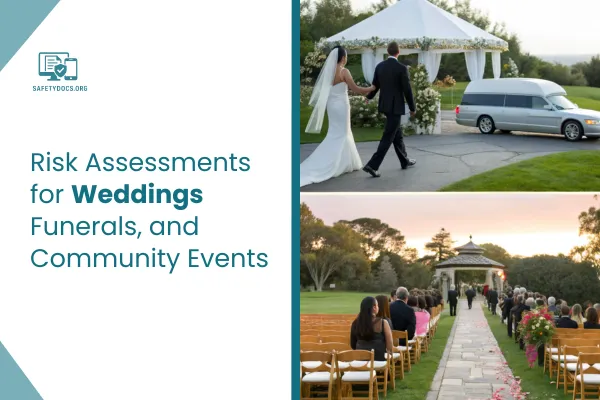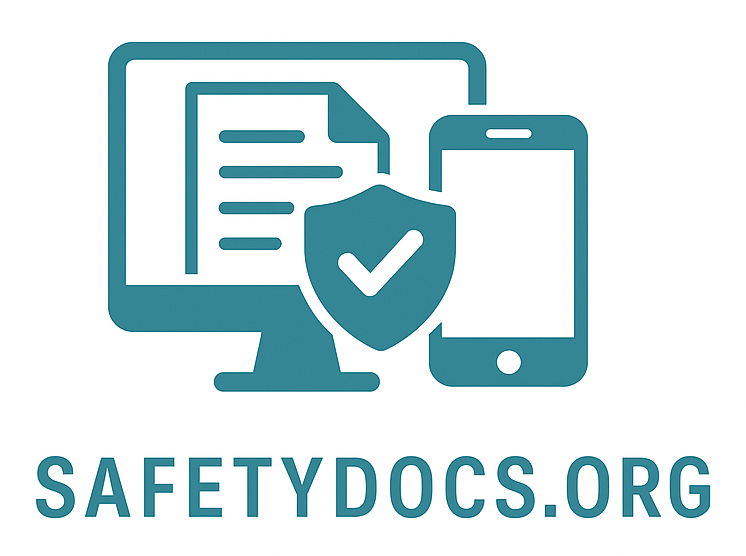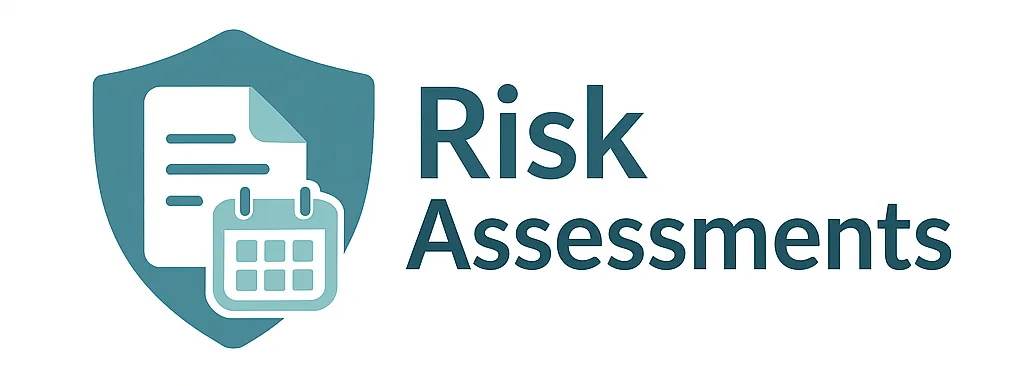
Risk Assessments for Weddings, Funerals, and Community Events
Risk Assessments for Weddings, Funerals, and Community Events
Why Safety Matters in Small but Significant Gatherings
When people think of safety planning, they often picture large festivals, stadiums, or concerts. Yet, some of the most sensitive and essential occasions, such as weddings, funerals, and local community events, also require detailed preparation to keep everyone safe.
These gatherings may seem minor in scale, but they carry high emotional significance. Guests expect smooth experiences, organisers want everything to go right, and local authorities require compliance. That’s where risk assessments become essential.
Whether it’s a wedding reception in a marquee, a funeral service at a place of worship, or a community fair in a park, every event has potential risks. Professional planning ensures those risks are identified and managed before they turn into real problems.
What Risk Assessments Mean
A risk assessment isn’t just a formality. It’s a structured process of identifying potential hazards, evaluating how likely they are to cause harm, and outlining measures to reduce those risks.
In practice, this means asking questions like:
What could go wrong at this event?
Who might be affected if it happens?
What can be done to prevent it?
How can we respond quickly if it does happen?
By answering these questions in advance, organisers demonstrate responsibility and build trust with attendees, staff, and regulators.
Why Weddings Require Careful Risk Assessments
Weddings are celebrations, but behind the joy lies a complex operation. From catering to live music and crowd movement, there are several safety considerations.
Common risks include:
Fire safety measures should be taken when using candles, open flames, or catering equipment.
Slip and trip hazards from decorations, cables, or dance floors.
Emergency access for medical responders in busy venues.
Crowd control when guest numbers exceed expectations.
With a detailed risk assessment, wedding organisers can ensure that these risks are not overlooked. Tools like SafetyDocs help create live, accessible safety files that can be shared with staff, caterers, and venue managers instantly.
The Importance of Risk Assessments for Funerals
Funerals often take place in emotionally charged environments, making safety planning even more critical. Families should never have to worry about logistical or safety failures during such sensitive times.
Key considerations include:
Managing large gatherings at places of worship or cemeteries.
Ensuring safe vehicle movement for processions.
Providing clear evacuation routes in traditional or historic buildings.
Supporting the diverse needs of attendees, such as elderly guests or those with disabilities.
A clear risk assessment ensures funeral organisers can focus on supporting families, while knowing safety obligations are met.
Risk Assessments for Community Events
Community events like fairs, cultural gatherings, or charity fundraisers often rely on volunteers and temporary setups. This makes them especially vulnerable to risks if safety isn’t planned correctly.
Challenges include:
Temporary structures include marquees, stages, and bouncy castles.
Food safety from multiple vendors.
Crowd management in open spaces.
Weather-related risks are especially prevalent at outdoor events.
Communication gaps between volunteers and contractors.
By preparing risk assessments, organisers can set clear safety responsibilities and avoid last-minute confusion. With platforms like SafetyDocs, documents can be updated in real time, ensuring all staff and volunteers know exactly what to do.
Why Paperwork Isn’t Enough
Many organisers still rely on static Word or PDF documents to manage safety planning. While these may seem convenient, they often create problems:
Different versions are circulating with no clear “final copy.”
Manual updates across every document, wasting time and inviting errors.
Cluttered digital folders mixing safety files with unrelated paperwork.
Difficulty accessing the correct document quickly during emergencies.
Professional systems like SafetyDocs replace this outdated approach with live-syncing, mobile-ready files. That means everyone always has the correct version, even offline.
How Digital Risk Assessments Simplify Planning
Shifting from paper to digital systems creates tangible benefits for organisers of weddings, funerals, and community events.
1. Instant Updates
One change in the master file automatically syncs across all documents, eliminating errors.
2. Mobile Access
Staff and volunteers can view safety plans on their phones, even in outdoor or remote locations.
3. Secure Storage
Encrypted cloud systems protect sensitive details and prevent data loss.
4. Ready-to-Use Templates
SafetyDocs provides over 65 risk templates covering most event types, saving time and ensuring compliance.
5. Scalable for Any Size Event
Whether it’s a 50-person wedding or a 500-person festival, the same system adapts seamlessly.
The Legal Side of Risk Assessments
In the UK, organisers are legally required to conduct risk assessments for any event, no matter the size. This includes private functions such as weddings and funerals, as well as public gatherings.
Authorities may request to see event safety files before granting permissions. Insurers may also demand proof of risk planning before providing coverage. Failure to comply can result in penalties, cancelled events, or reputational damage.
By maintaining live and accurate risk assessments, organisers can demonstrate due diligence and avoid costly consequences.
Building Trust with Guests and Stakeholders
At the heart of every wedding, funeral, or community gathering are people. Guests want reassurance that they are safe. Families and organisers wish to be confident that nothing will go wrong. Regulators want to see proof of compliance.
Risk assessments serve as the bridge between all these needs. They show attendees that organisers have thought ahead, authorities that legal requirements are met, and staff that responsibilities are clearly defined.
This trust enhances the professional image of organisers and helps events run more smoothly.
Practical Steps to Improve Safety Planning
For organisers looking to build up their safety processes, here are practical actions that make a big difference:
Use live safety systems instead of static documents.
Train volunteers and contractors on accessing mobile safety files.
Prepare templates in advance, tailored to weddings, funerals, or community settings.
Review plans regularly to reflect updated laws and best practices.
Keep safety files accessible for both authorities and staff.
Conclusion
Risk planning is often seen as an afterthought, but for weddings, funerals, and community events, it should be at the centre of preparation. These are moments that matter deeply to people, and safety is part of respecting that importance.
By using professional tools like SafetyDocs, organisers can move beyond static paperwork to live, reliable, and compliant systems. This not only keeps events safe but also reduces stress, saves time, and builds lasting trust.
Risk assessments are not just about avoiding problems; they are about ensuring memorable occasions unfold smoothly, with care and professionalism.
Ready to simplify event safety? [Book a Discovery Call with SafetyDocs] or start your 14-day free trial today.
FAQs
1. Why are risk assessments critical for weddings?
They help identify potential hazards like fire risks, crowd movement, or slips, ensuring the day runs smoothly and safely.
2. Do funerals need risk assessments?
Yes, large gatherings and processions require planning to protect attendees and meet legal requirements.
3. What risks do community events usually face?
They often involve temporary structures, food vendors, and outdoor conditions, all of which need proper planning.
4. Are organisers legally required to do risk assessments?
Yes, UK law requires organisers to prepare risk assessments for both private and public events.
5. How does SafetyDocs make risk assessments easier?
It offers live templates, mobile access, and real-time updates, helping organisers stay compliant and stress-free.

